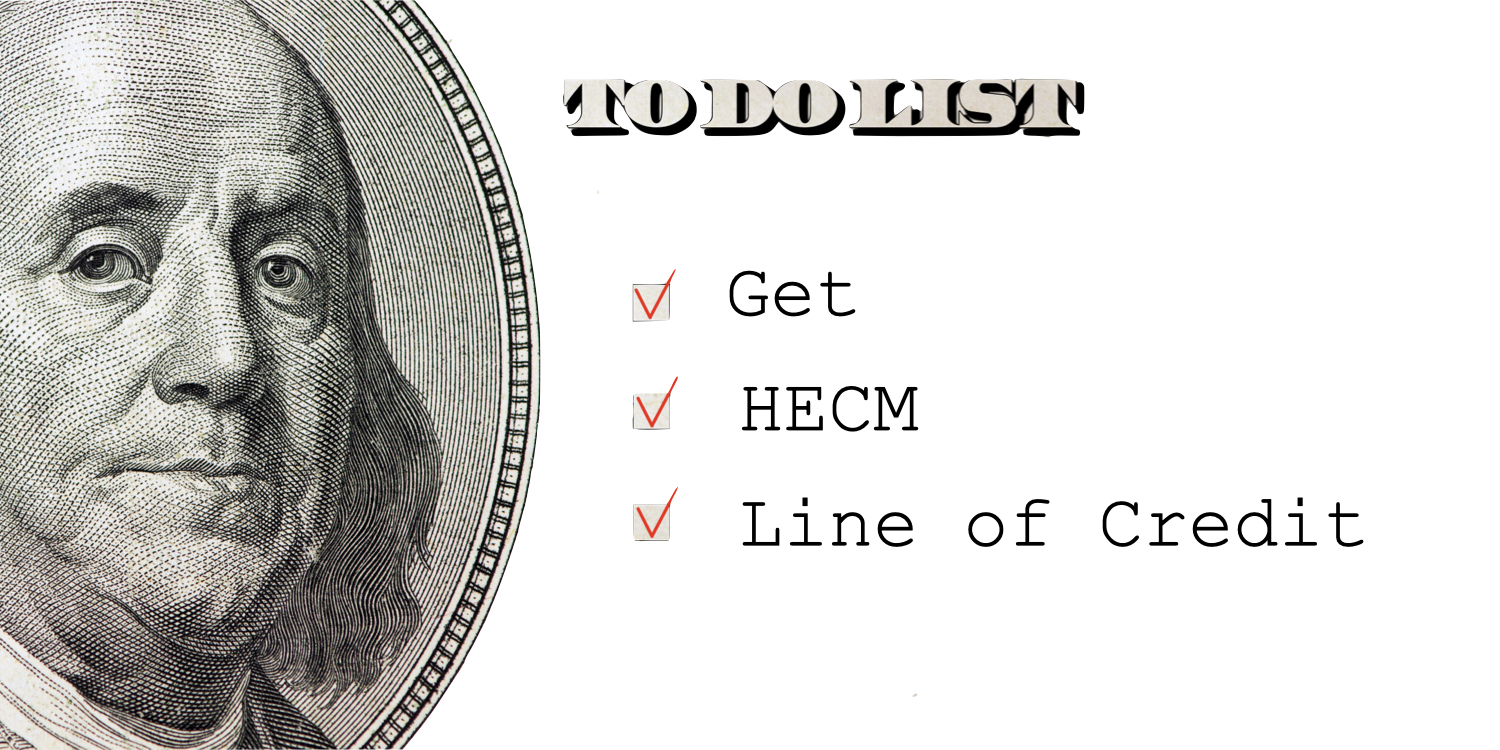Here’s why Americans can no longer ignore their economic pain…
Continue readingFiscal Dominance. How the Federal Government is undermining the Fed’s efforts to curb inflation.
The risk of ‘Fiscal Dominance’ and how it would shape reverse mortgage lending…
Continue readingWhen high HECM interest rates are a selling point
High HECM interest rates have created their share of challenges but also opportunities…
Continue readingThe Hardest Habit
What prevents us from understanding others? One is our natural instinct to do this in a conversation…
Continue readingYou’ve got a lot to say!
You’ve likely got a lot to say. Why not say it in a blog? Here are the 7 benefits of Blogging for Reverse Mortgage Professionals.
Continue readingThe Hidden Wealth Effect & Senior Home Equity
Millions of older homeowners are unaware of their hidden wealth as pandemic savings dwindle and inflation surges.
Continue readingHello. This is Inflation Calling…
Practical ways to reengage with old prospects who weren’t ready for a reverse mortgage but may be more receptive today…
Continue readingThe 10-Year CMT: The Curse of Money Printing
The curse of money printing has put pressure on the 10-year CMT and consumer interest rates…
Continue readingHomeowner’s Insurance Premiums are Surging in These Five States
American homeowners, especially older ones, are being crushed by record increases in homeowners insurance premiums.
Money.com reports these five states saw the largest increase in premiums from May 2021 to May 2023.
- Florida: 68% ($1,127 to $1,896)
- New Mexico: 47% ($855 to $1,255)
- Colorado: 46% ($1,390 to $2,031)
- Idaho: 46% ($552 to $804)
- Texas: 46% ($1,471 to $2,141)
The spike in premiums is attributed to a perfect storm of a spike in natural disasters, record insurance losses, and higher construction prices.
Natural disasters such as wildfires have long-lasting impacts. For example, in the wake of New Mexico’s most destructive wildfires insurers began hiking homeowners insurance premiums. The same can be said for Colorado, Idaho, and California. In the wake of the disastrous and deadly Maui Fire island residents will soon face the same challenge.
As a result of the surging cost of premiums, many older homeowners without a mortgage on their home have chosen to forego homeowners insurance altogether. The Insurance Information Institute reports that 5% more homeowners have not purchased homeowners insurance than just two years ago.
Such homeowners are very likely house-rich but cash-poor. Even worse, their greatest source of wealth is now at risk of being wiped out. One disaster could push an older homeowner into complete financial ruin or possible homelessness.
Reverse mortgage professionals who originate in states with marked premium increases should reach out to their local property and casualty insurance agents. Ask if they’ve seen an increase in homeowners insurance policy cancelations. If the agent has noted an increase of clients opting out of insuring their home you can explain that reverse mortgage could provide the means needed to purchase a policy and protect what’s likely their largest asset.
Working with an agent
While the insurance agent cannot divulge the identity of homeowners who’ve canceled their policy, they can make contact and recommend the homeowners arrange a meeting to learn how a reverse mortgage could help get them insured again.
This is a potential win-win-win scenario. The homeowner wins by protecting their home. The insurance agent wins back a client. The originator wins a sale but most importantly, helps eliminate the risk of a homeowner losing their home to a disaster or fire.
4 Tips for Reverse Mortgage Pros to Prepare for the Fall
Now that the dog days of summer have passed, it’s time for reverse mortgage originators to shift gears and begin the groundwork for a productive fall
Continue reading










